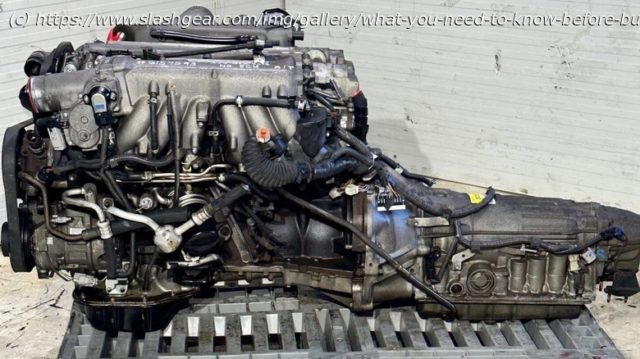The most die-hard car enthusiasts will inevitably turn their eyes towards cars and parts from Japan, but it’s not as simple as just buying an engine online.
If you’re into cars, you probably already know that everyone has their thing. Sure, some people just love anything with wheels and an engine, but most gearheads tend to have one favorite brand or type of car. For example, some people are devoted and diehard muscle car fans, while others prefer pickup trucks or sports cars. The list goes on and on, but some of the most popular types of vehicles in the car scene today come from a Japanese brand. Japanese domestic market (JDM) engines, parts, and entire vehicles, in particular, are especially coveted in the car world. That love of JDM parts is so strong that many enthusiasts seek out engines and other components from Japan for import into the United States.
While there are various places online to buy JDM parts, importing auto parts from overseas isn’t always the same as shopping on Amazon. There are several things you need to know before buying anything, but especially an engine from Japan, from understanding the law surrounding imports and the current Environmental Protection Agency (EPA) guidelines to knowing what type of engine to buy and whether it will fit your vehicle. Fortunately, we’ll cover it all. As a former professional auto repair technician and someone who has always been involved in the JDM car scene, I’ll break it down and share some expert tips. So, here’s what you need to know before buying an engine from Japan.Understanding current EPA guidelines is vital
First of all, JDM engines are legal in the United States — provided they meet current EPA guidelines, that is. That means that some engines may not be legal in their current state. If you plan to buy an engine from Japan, you’ll need to research it thoroughly. Look into its original specifications and what type of emissions control system it has. If the car you put the engine into is old enough, it may be exempt from emissions guidelines, depending on where you live, which leads us to our next point: don’t just research the engine.
You also need to investigate the local laws in your state. In the U.S., a car may be legal in one state but illegal in the neighboring state. Don’t rely on blanket statements about an engine’s legality because the original source may live somewhere with different laws. Do your own research and determine whether the engine you want will comply with local guidelines.






